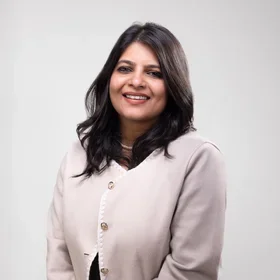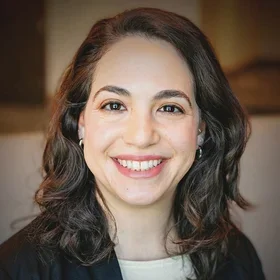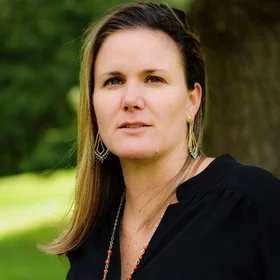Sagar Jaitly, ’19SPS, Technology Management, is a Business Analyst at Aera Energy LLC. Born and brought up from Leicester in the U.K., he left the Banking industry to pursue a new career path.
Tell us about your career, and what initially attracted you to the M.S. in Technology Management program.
I was working in banking for Nationwide Building Society in London, and felt I hit a stagnant point in my career. I quickly discovered that I needed further education to meet my aspired goals.
While looking around for master's programs, I knew I wanted a degree that had a strong focus towards soft skills and C-suite strategy. I never intended to leave the U.K., but I found the program that not only best fit my needs, it gave me a new exciting challenge to move out of my comfort zone. I enrolled at Columbia and moved to New York.
Tell us about your experience as a student and what skills you learned.
I wasn’t sure what to initially expect from the program. It was a bit of a culture shock--Columbia has more classroom-style of teaching versus the U.K.’s bigger lecture halls. The curriculum was a lot of work, and while it did get intense, it was very enjoyable. My class had thirty-five students at the time, with seventeen of us taking the full-time option. We all got to know one another throughout the program very well and created a feel of community.
The program is like a comprehensive toolkit. Anyone can learn individual skills, however, we learned to think critically and dynamically from industry experts who were walking us through real world cases. Not only did we have soft skills classes such as Strategic Advocacy and Emotional Intelligence but also technical skills such as Applied Analytics and Modern Database Architecture which gave me a refreshed understanding of Tech.
The capstone at the end of the program was the part of the program which pulled all the teaching and best practises together. Most importantly, we learned the ‘why’ in all these teachings, and what factors into real-world decision-making.
Having the opportunity to learn from the top C-level executives gave me the depth and personal insights that really benefited my learning experience. For example, Craig Cuyar, the CIO of Omnicom, shared his day-to-day challenges and successes. He answered our in-depth questions for an entire semester. Similarly my mentor and Program Director, Professor Cowan, has experience in top level management positions in IBM as well as building several companies and an active member on several boards; could give a wide range of views and best practises over many different disciplines. This exposure, the insights and access they offered, are invaluable.
Were there any events or activities at Columbia that stood out to be particularly valuable?
I came across the Columbia Consulting Club, which is open to every graduate student. There was an opportunity for us to join the IXL Innovation Olympics, in which different schools compete for the best solutions to business problems. I worked with a fellow Technology Management alumnus, Askar Baikov, to form a team alongside PHD students from the Engineering School. We were given a mentor, and every couple of weeks the client would give us new information about the project. We were paired with a leading oil and natural gas company, who asked us to put together research on an innovative solution to their current business problem. We started broad and put together many ideas, then we would meet with our clients online and they chose which ideas were most compelling to them, and then we, in turn, would give more detailed policy recommendations from there.
What kind of impact would you like to make in your career?
I’m excited to learn more about management. I’m going to continue to work hard to continue applying the skills I’ve learned in the program. My goal is to transform and disrupt the market with new innovative solutions to business problems.
You gain such a wide variety of skills and I still look back at my class notes to solve new problems. You might not be able to understand the breadth of the degree while you are in the middle of all the work. But when everything gels in the capstone, and when you get back to the office, you’ll be able to see the full value of the program.


